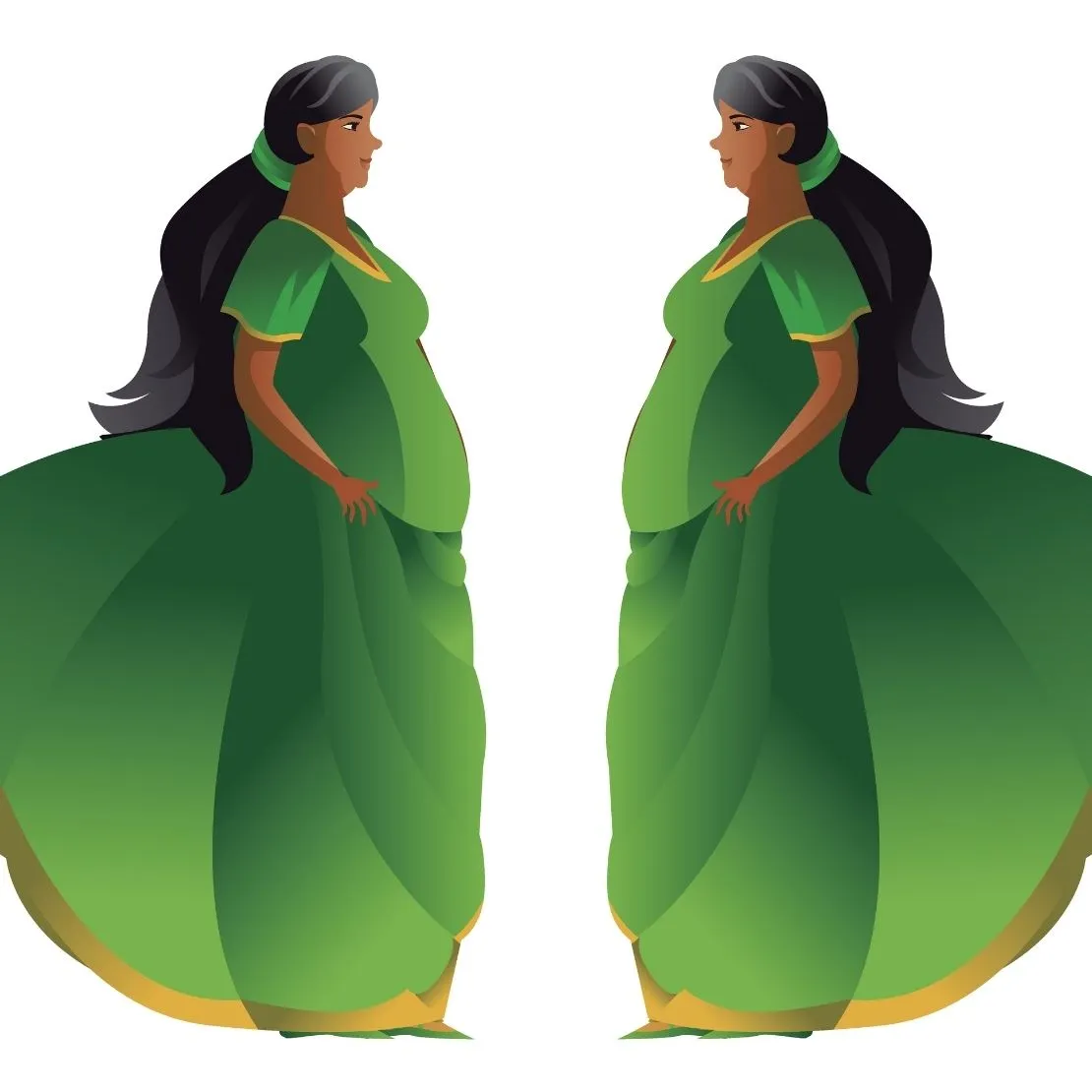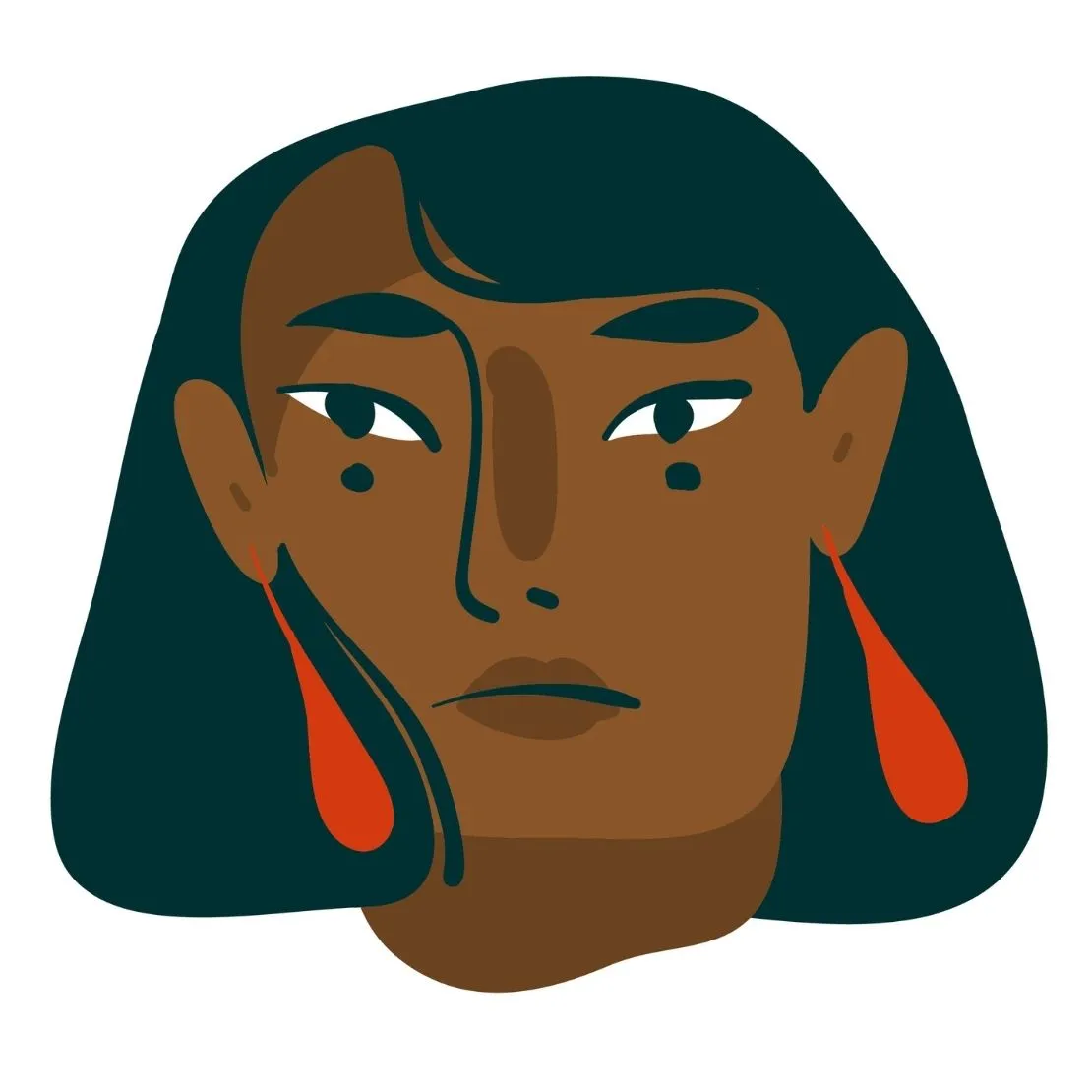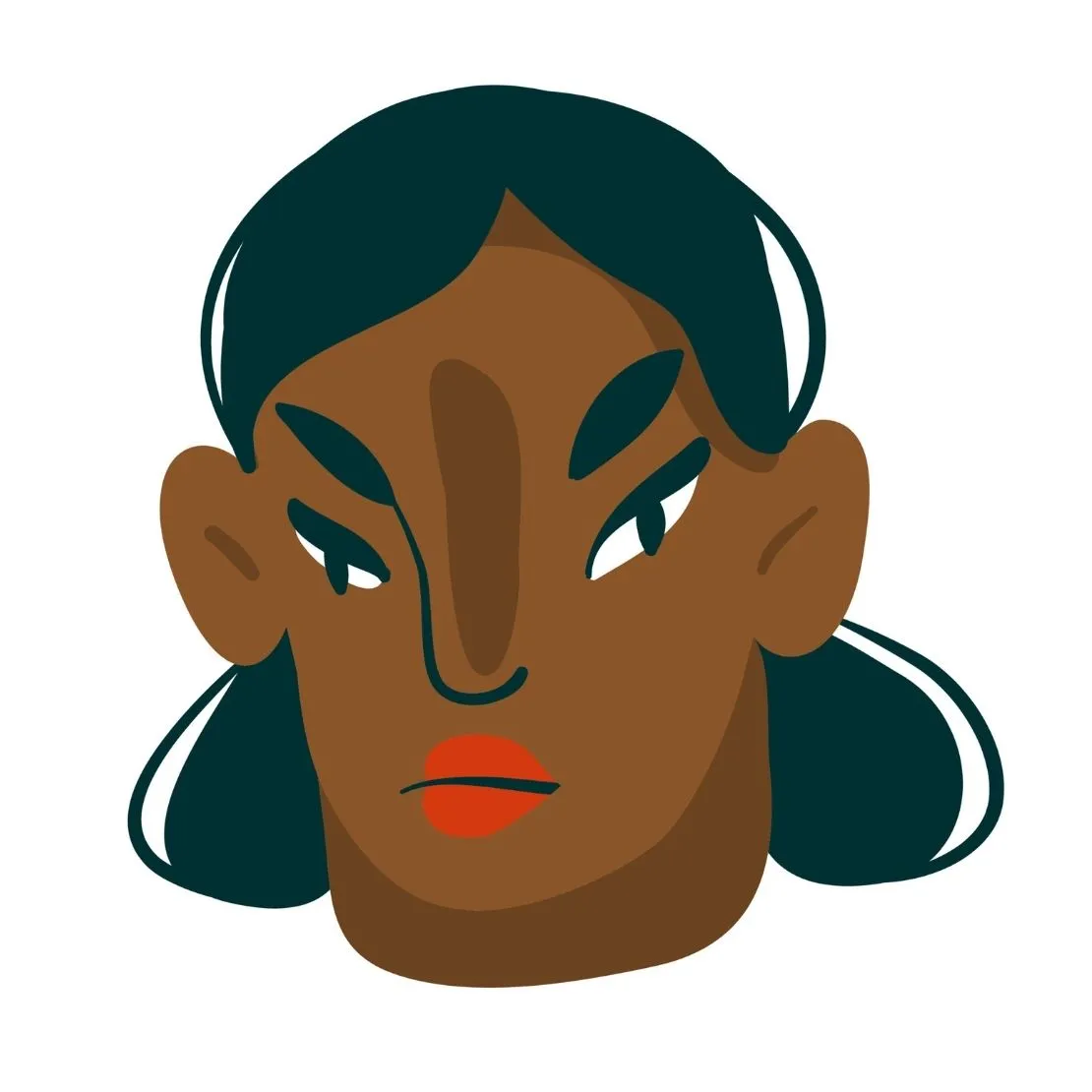Twisted, but comes full circle
Before
My mother, wrapped in a verdant green Mysore
silk saree with sweet-scented jasmine
adorning her plait, sits cross-legged
on her parents’ divan as the women of her family
place gifts on her lap: two coconuts -
the water will be calming for the baby; glass
bangles - the sound will be pleasing to the baby
as his mother moves around; five bananas
and five dates for good health; betel leaves
betel nuts and handfuls of rice for prosperity.

First decade
A cacophony of aunties and uncles - cannibals
around a fire in a jungle - snack on the details
of their childrens’ lives. Top marks, selective
schools, career paths already carved out.
I am very strict with them, you know,
it’s the only way to control these kids.
Who cares about what we want. Our thoughts are nought
but tiny motes of cold, dry dust,
fragmented, insignificant, full of mistrust.
Obey me next time if you don’t want to get hurt.
Second decade
When I had outgrown naughty corners
and squats with my arms crossed over my chest,
pulling my ear lobes into my hands,
it was time for the choochga (a steel spatula),
the lathuguni (a rolling pin), a wooden spoon
or my parents’ bare hands, hot with fury.
How much we have sacrificed for you and this
is how you repay us? Have some shame.
One day you will thank us. We hit you because
we love you; to teach you right from wrong.

Third decade
Look at this newspaper article, Pa
used to say, of the clippings he left for me
on the dining table. These students were at
the top of their class. I, on the other hand,
barely graduated. Now Ma had new
goals for me: sit properly,
laugh more delicately, lose some weight -
so you look like a nice match for your husband.
So much for those bananas, dates and coconuts;
antivenom might have proven more useful.

Second decade
The expression, “lesser of two evils,” brought
to mind: the choice between stitching myself
into the fabric of our Holden Camira
seats or leaving the safety of the
car to reenter the house that betrayed me
to those who oppressed me for my own good;
the choice to go on existing or
to stop myself breathing with my frilly, pink pillow.
But really there was no choice at all as most
of them were already made for me.
First decade
Uniformed in his blue shirt, black trousers
and polished leather steel-cap shoes,
Pa knelt on the floor beside my bed
and looked into my swollen eyes with pity.
Fishing my fist out from under the doona
he prised my fingers outward and stroked
my open palm with his. Your
education line is very long
and you will live a long life,
your future is bright, I can tell you that.

Before
When will you distribute pedhas?
was the question they shouted to my mother across
the warm, dusty street. Her face
aglow, she looked down at her belly - no longer
able to see her chappals beneath -
and beamed at the thought of a boy. Everyone
expected a boy. It hadn’t occurred to her
that jalebis, not pedhas, would be in order;
still sweet but stickier, sicklier, slightly
disappointing with their orange, sugar soaked whorls.
About this poem
I wrote this piece just before I turned thirty in reflection of my life before I started to heal from childhood trauma, set healthy boundaries and break out of the mould that I was forced into. It is an exploration of childhood as a migrant but more importantly as a girl, in a culture that places a higher value on boys while requiring less of them - still a great deal - and punishes girls more brutally when they fall short of societal and familial expectations. The title is a reference to my family’s tradition of handing out sweets to their community when a baby is born; pedhas if it is a boy and jalebis if it is a girl. In terms of structure, each stanza corresponds with a decade of my life and only "allowing" ten lines per stanza with four feet per line, speaks to the rigidity and authoritarianism under which my childhood unfolded. As it travels over my life, the poem sets out and swirls back in a circular motion, like a jalebi.